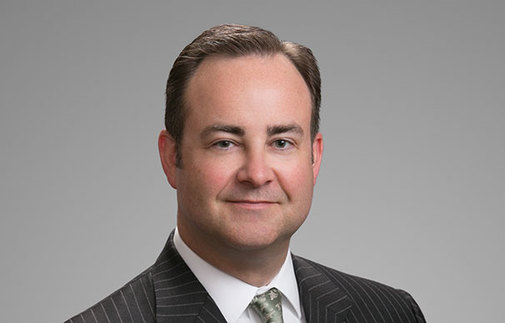IP Alert: "A Victory for Patent Owners - Relaxation of the Standard for Enhanced Damages"
Yesterday, the U.S. Supreme Court issued its much-anticipated, combined decision in Halo v. Pulse Electronics and Stryker v. Zimmer, relaxing the standard for awarding enhanced damages in patent litigation under 35 U.S.C. § 284. Section 284 permits a court to increase damages up to three times the amount found or assessed. The Federal Circuit had set forth a two-part test in In re Seagate Tech., LLC, 497 F. 3d 1360 (2007)(en banc) to determine when enhanced damages may be awarded under § 284. Under the Seagate test, a patent owner had the burden to establish, by clear and convincing evidence, that (1) the infringer acted "despite an objectively high likelihood that its actions constituted infringement of a valid patent" and (2) the risk of infringement "was either known or so obvious that it should have been known to the accused infringer."
The Supreme Court unanimously rejected the Seagate test as overly rigid and held that district courts have broad discretion under § 284. Under the new Halo/Stryker standard, enhanced damages "should generally be reserved for egregious cases typified by willful misconduct." The Supreme Court went on to explain that § 284 allows district courts to punish the full range of culpable behavior, but that there is no absolute requirement that enhanced damages must follow a finding of egregious misconduct. The Supreme Court noted that courts should continue to take into account the particular circumstances of each case in deciding whether to award enhanced damages, and in what amount. Importantly, the Supreme Court lowered the burden of proof under § 284 from clear and convincing evidence to a preponderance of the evidence.
In addition to changing the test and burden of proof, the Supreme Court also changed the standard of review for enhanced damages. Under prior Federal Circuit precedent, an award of enhanced damages was subject to trifurcated appellate review. The first step of Seagate - objective recklessness - is reviewed de novo; the second - subjective knowledge - for substantial evidence; and the third - the ultimate decision on whether to award enhanced damages - for abuse of discretion. The Supreme Court held that whether to award enhanced damages and, if so, the amount of enhancement must be reviewed on appeal for abuse of discretion.
It will take a few years to gauge the new test's impact on patent litigation. However, the flexible, preponderance of the evidence test should make it easier to establish enhanced damages. From an accused infringer's perspective, this more lenient standard may result in an increase in obtaining opinions of counsel in responses to allegations of infringement - in an effort to rebut a claim of egregious misconduct. From a patent owner's perspective, this more lenient standard may result in higher settlement demands - given the increased risk of enhancement that accused infringers will need to weigh.
Attorneys
- Partner
- Partner
- Partner



